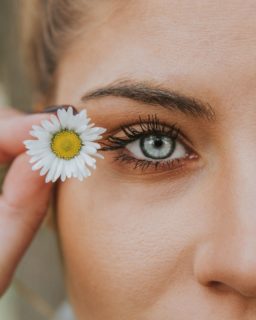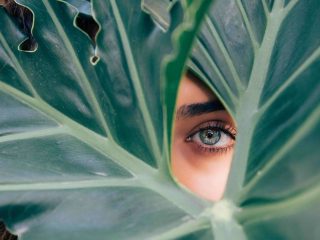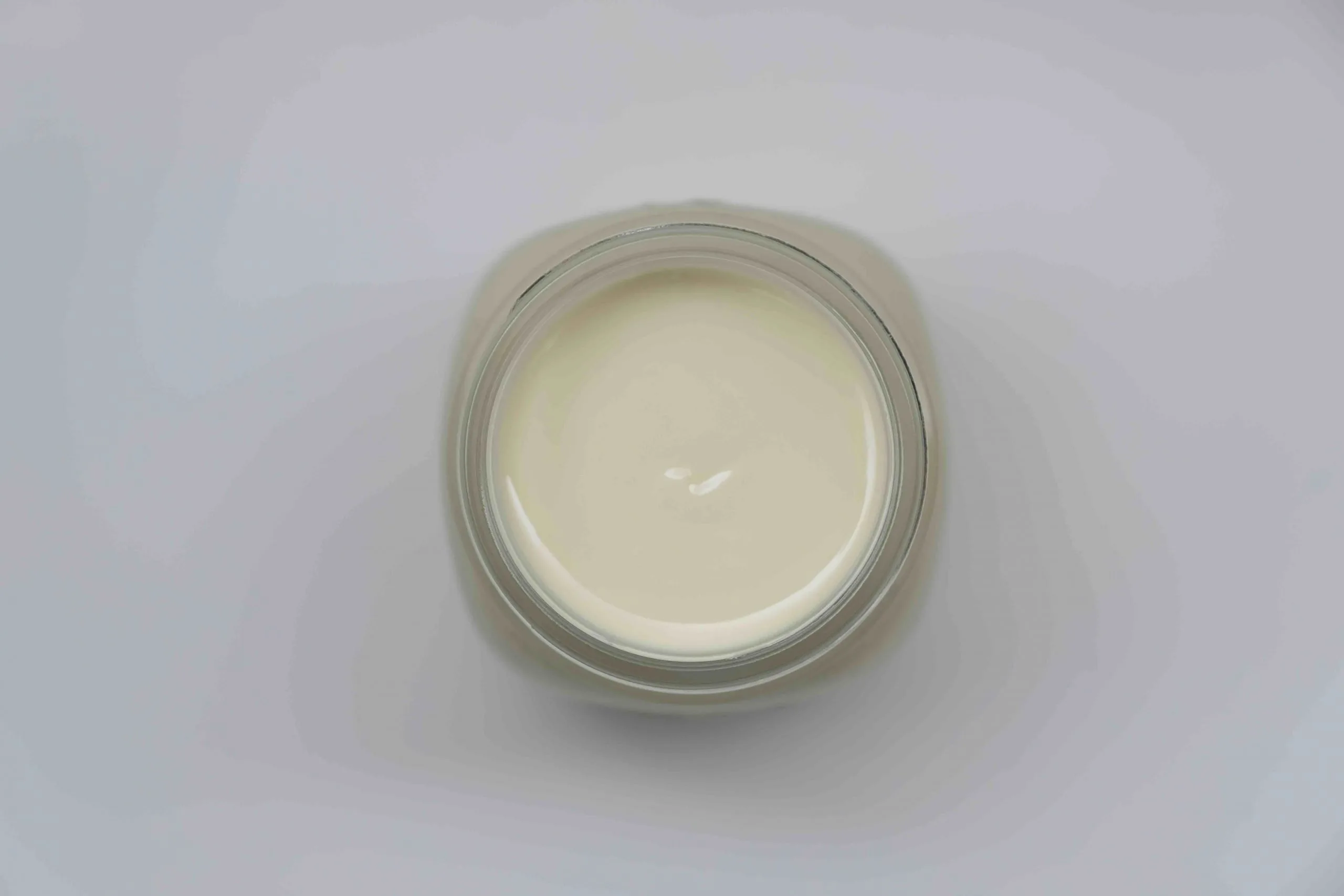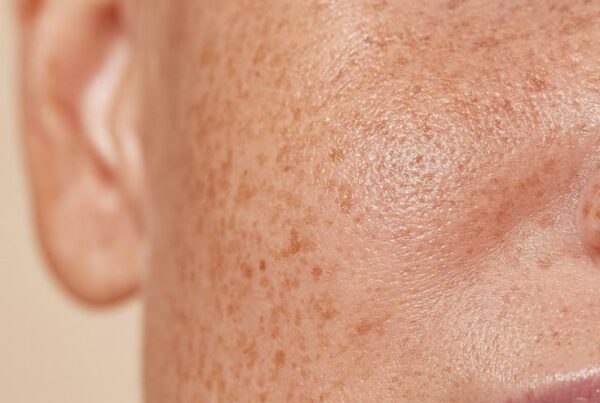One of the largest beauty trends of 2020, according to Byrdie, is vegan beauty. It seems that veganism isn’t just a diet, it extends into beauty too. With the rise of vegan and plant-based diets, it’s understandable that people want a bit more from their beauty products too. Beauty products have become part of a larger lifestyle choice. And the appeal of vegan beauty products is far-reaching. The super-rich and celebs have really got on board with a more ‘vegan’ lifestyle. In 2020, consumers want cruelty free products and products without any additives they don’t understand.
What counts as “vegan” beauty?

NATURAL BEAUTY | Longevity Live
Having the label ‘vegan’ on products has become a way for consumers to quickly understand the product. In other words, ‘vegan’ beauty has become a sort of umbrella term which is used to describe a wide range of products. These products are typically produced without harm to animals. They aren’t tested on animals and also likely don’t use any animal products, by-products, or derivatives.
According to an article on Vogue, common ‘animal ingredients’ include “beeswax, lanolin (which is the grease from sheep’s wool), carmine (a red color from crushed cochineal insects), and uric acid from cows”. Cosmetic chemist Kelly Dobos told ‘Today’ that lanolin is somewhat of a point of contention. Lanolin comes from the grease in sheep’s wool. It’s necessary, so that the sheep aren’t injured, to shave it so that the coat doesn’t become too heavy. But even though it doesn’t affect the sheep at all and is quite a natural part of the cycle, lanolin is usually left out of vegan products.
Are vegan beauty products better for my skin?
So what’s up with these products? Are they better for your skin? It seems that products without animal derivatives are in fact better for your skin. Of course, there are obvious benefits like the fact that you’re reducing environmental damage. However, it’s also great for your skin. Vegan products are not only kinder to the planet but kinder to your skin.
Dr. Debra Jaliman, a board-certified New York City dermatologist says that many vegan skincare and beauty products contain vitamins and are “filled with anti-inflammatory and antioxidant properties”. Also, the fewer ingredients there are in the product, the less possibly harmful toxins, and chemicals. Fewer ingredients also mean it’s easier for us as consumers to understand what is in the product.
anti-inflammatory and antioxidant properties”. Also, the fewer ingredients there are in the product, the less possibly harmful toxins, and chemicals. Fewer ingredients also mean it’s easier for us as consumers to understand what is in the product.
This makes it easier to decide whether it’s something we want to put on our skin. Remember that the skin is the largest organ so everything you put on it is absorbed into the body. This is of course not to say that all non-vegan products are harmful or indeed full of chemicals. And it’s also not to say that all vegan products are completely safe. Dr. Anthony M. Rossi warns though that “just because something is vegan doesn’t mean you can’t be allergic to it”. In fact, many plants and plant-based ingredients can cause skin irritation and contact dermatitis.
What to watch out for
Even though ‘vegan’ is an easy buzz word to look out for on packaging, it doesn’t always mean what we think it should. For instance, although ‘cruelty-free’ and ‘vegan’ are associated, there is no guarantee that your vegan products are definitely cruelty-free. And it works the other way around too, brands can be cruelty-free but not vegan. Essentially, it’s vital, as a consumer, to read labels. It’s up to us to make sure we are well informed and know what it is we’re buying. Also, remember that ingredients can be ethically sourced. So your favorite face wash may use ‘ethically sourced’ ingredients, but they’re still animal by-products. It’s also easy to assume that all vegan products are organic and vice versa but that is also not the case.
Wrapping up
Vegan skincare and beauty products are definitely worth a try. Often, they aren’t actually more expensive than their non-vegan counterparts. Anything we can do to help the environment is worth it. If you’re not sure about giving up your collagen or lanolin quite yet, maybe opt for cruelty-free, natural, and/or organic products instead. You’re still helping the environment and practicing kindness after all.
References
Callahan, C. 2019. What is vegan skin care and is it better for you? [Online] Available at:https://www.today.com/style/what-vegan-skin-care-it-better-you-t151466.
Lawrenson, A. 2020. Mark Our Words: These Will Be the Biggest Skincare Trends of 2020. [Online] Available at: https://www.byrdie.com/2020-beauty-trends-4779832.
Vogue. 2015. Is it better to be using vegan beauty products? [Online] Available at: https://www.vogue.com.au/beauty/skin/is-it-better-to-be-using-vegan-beauty-products/news-story/868338688a343b198c812b86cc246f22



![women [longevity live]](https://longevitylive.com/wp-content/uploads/2020/01/photo-of-women-walking-down-the-street-1116984-100x100.jpg)










